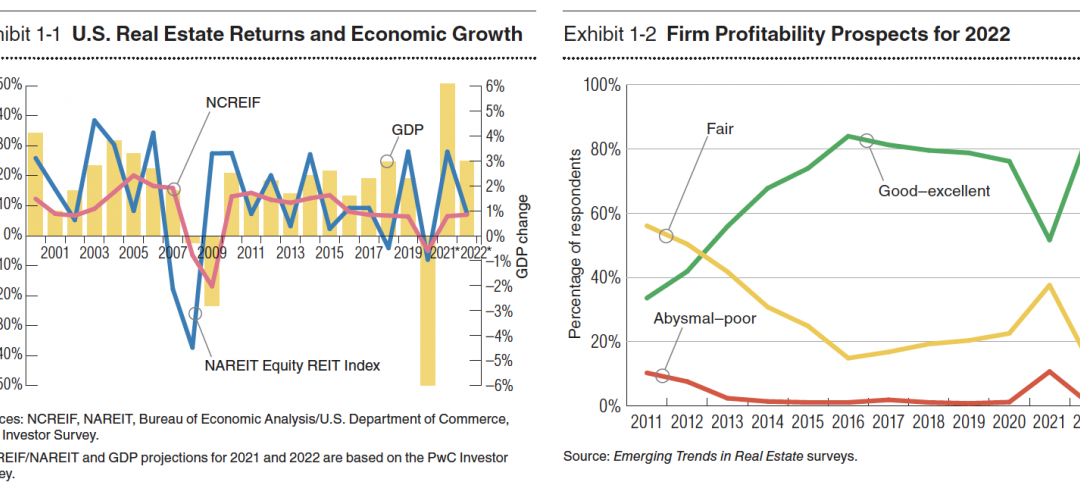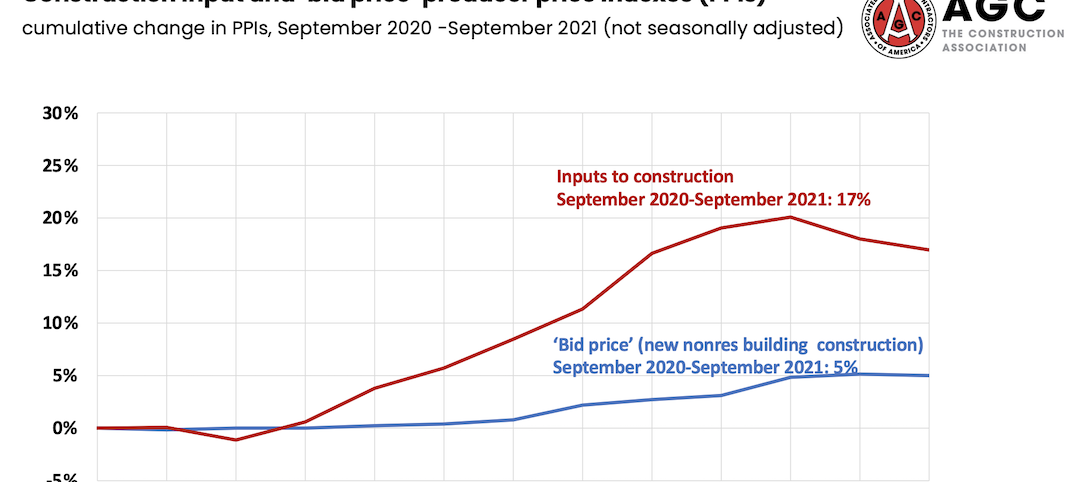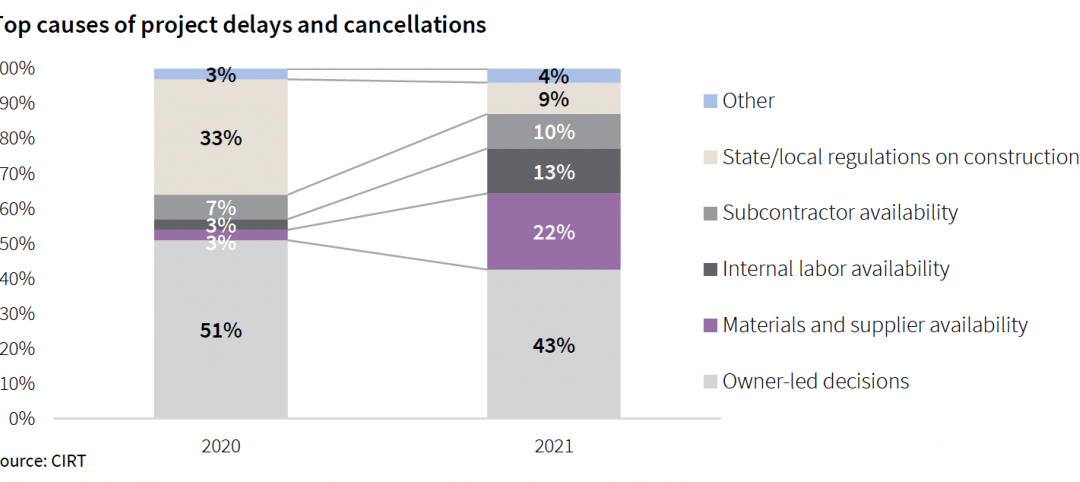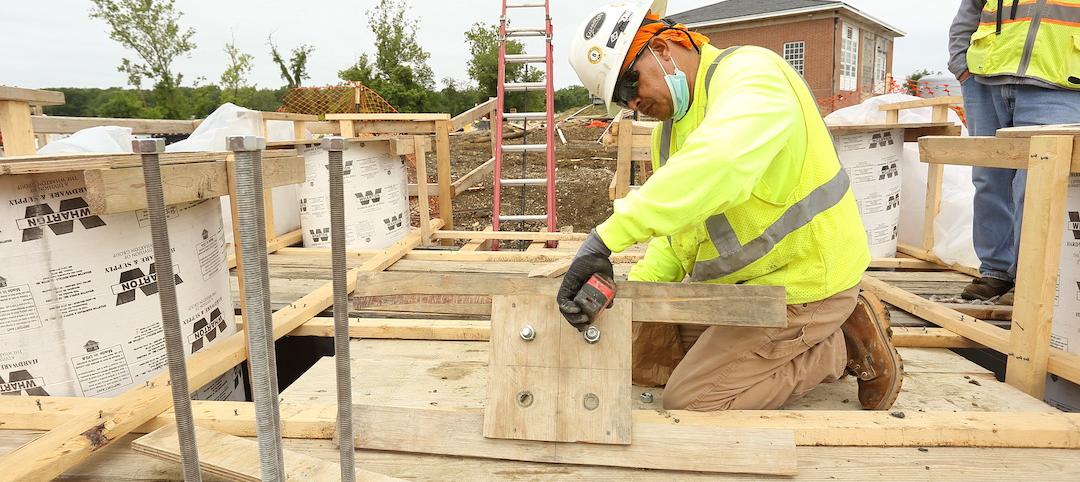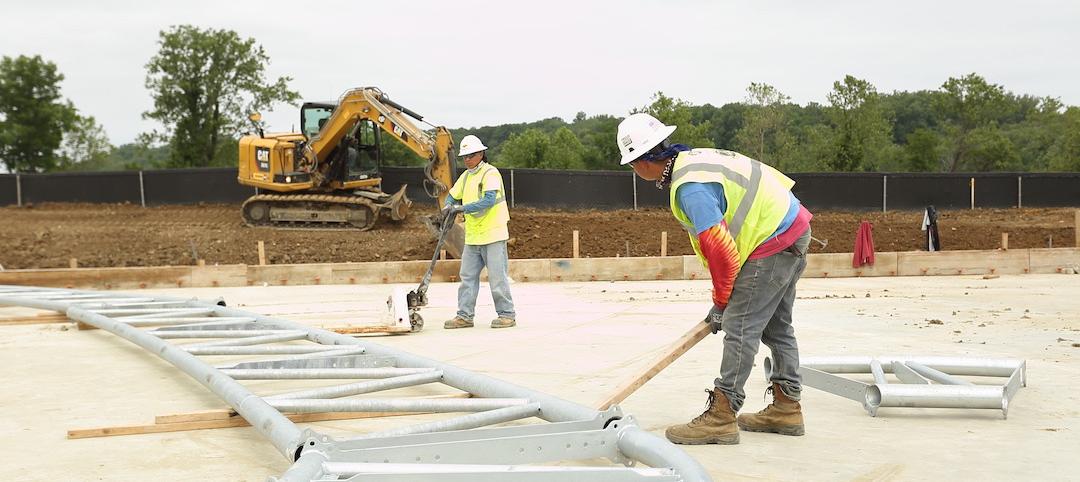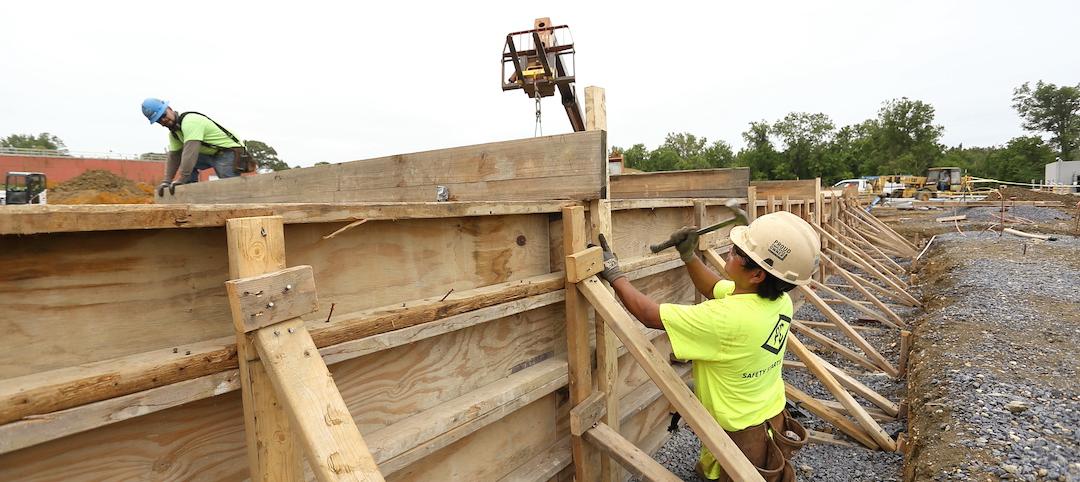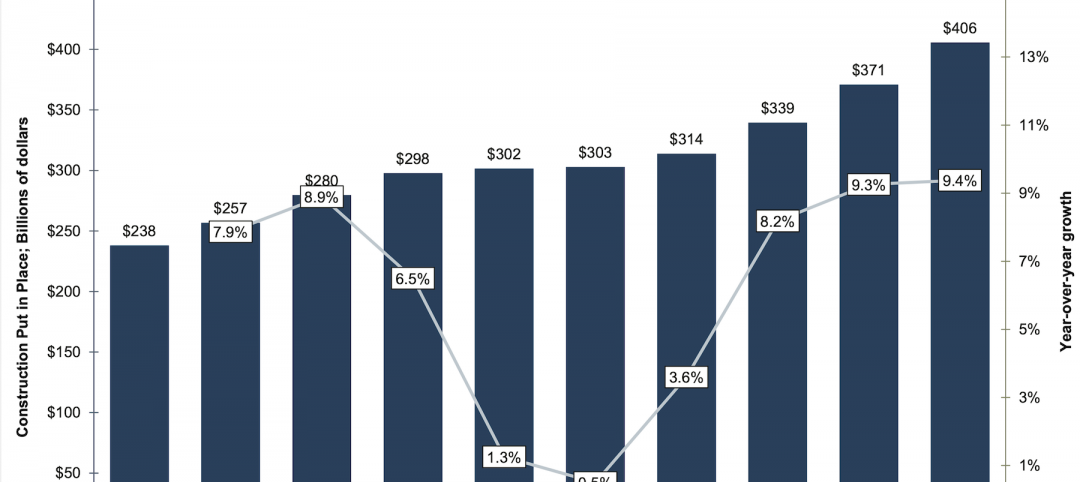As office workers in the U.S. continue returning to their places of employment, Bradley Corp. conducted its Healthy Handwashing Survey™ and found that coronavirus concerns persist, especially as new variants emerge. In response, employees are taking preventive actions. 86% are bringing a mask with them to work and 73% have been fully vaccinated. In addition to masks, office workers are packing a few other personal protection items: 66% have their own hand sanitizer; 39% are taking cleaning wipes; and 29% are prepared with disinfectant spray.
The survey also revealed that, compared to the general population, office workers are significantly more conscious about coming in contact with germs and more concerned about contracting the coronavirus. 73% of office workers worry about getting the coronavirus versus 67% of the general population. And, due to the rise in new strains of the virus, 70% of office workers have implemented a more rigorous handwashing regimen versus 59% of the general population.
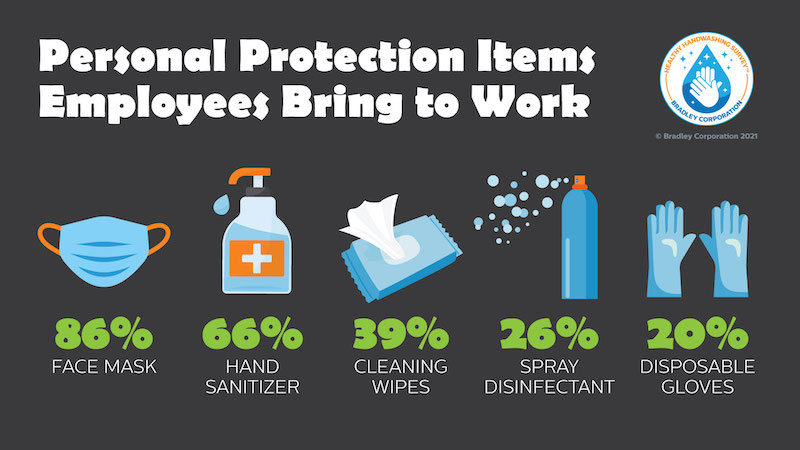
The Healthy Handwashing Survey from Bradley Corp. queried 1,035 American adults Aug. 3-10, 2021, about their handwashing habits, concerns about the coronavirus and their return to the workplace. A subset of 513 respondents who work in offices were identified and asked a series of applicable questions. Participants were from around the country and were evenly split between men and women. The Healthy Handwashing Survey of the general population has a margin of error of +/- 3% and the office worker subset has a margin of error of +/- 4, with a 95% confidence level.
The ongoing pandemic has also led to changes in the work environment – namely how workers interact with their colleagues. At the office, 51% avoid shaking hands, 42% sit further way in meetings and 36% use a video call instead of meeting in person. In terms of hand hygiene, approximately two-out-of-three office workers are washing their hands more frequently since returning to the office, with half washing six or more times a day.
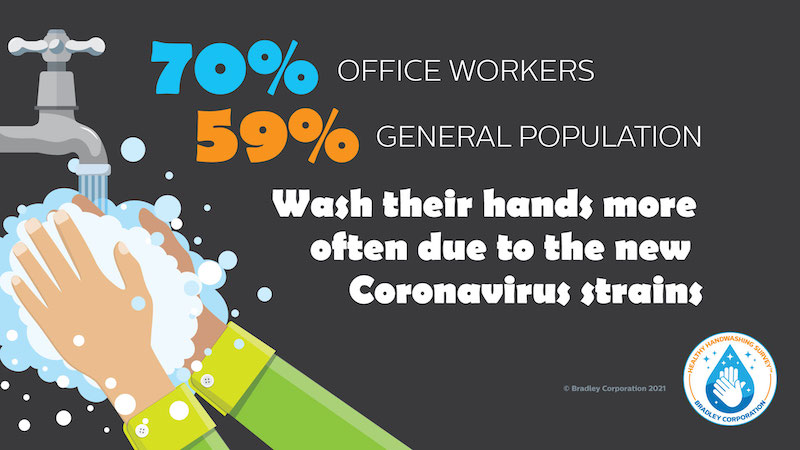
“Office workers are returning to the workplace cautiously—particularly now with the prevalence of the Delta variant—and are personally taking steps to avoid germs and the virus,” says Jon Dommisse, Vice President of Marketing and Corporate Communication, Bradley Corp. “The coronavirus has notched up the need for cleaner workspaces, limited contact and increased handwashing.”
Coronavirus Concerns Spur Hand Hygiene Practices
With office workers washing their hands more frequently, 62% report their employers have made changes or improvements to workplace restrooms in response to the pandemic, including more frequent cleanings. And, in a sign of today’s pandemic times, 79% of office workers believe touchless restroom fixtures are important. Case in point, when using their workplace restroom, two-thirds reach for a paper towel to avoid touching restroom door handles, the toilet flusher and faucet handles. Another one-third use their foot to operate the toilet flusher.
Within the workspace, employers have added hand sanitizing stations and encouraged employees to stay home when sick. Those actions haven’t gone unnoticed or unappreciated by employees. 53% of office workers say their employer’s response to the pandemic and implementation of safety measures makes them feel more valued and 35% say it makes them feel more positive about the company they work for.
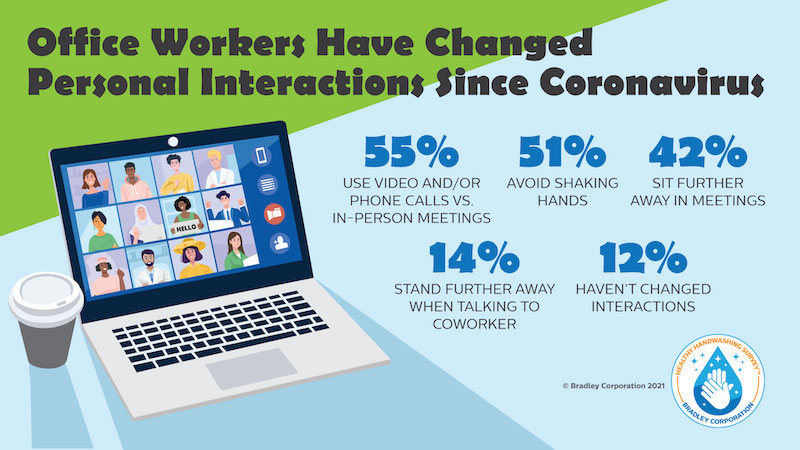
Related Stories
Market Data | Oct 19, 2021
Demand for design services continues to increase
The Architecture Billings Index (ABI) score for September was 56.6.
Market Data | Oct 14, 2021
Climate-related risk could be a major headwind for real estate investment
A new trends report from PwC and ULI picks Nashville as the top metro for CRE prospects.
Market Data | Oct 14, 2021
Prices for construction materials continue to outstrip bid prices over 12 months
Construction officials renew push for immediate removal of tariffs on key construction materials.
Market Data | Oct 11, 2021
No decline in construction costs in sight
Construction cost gains are occurring at a time when nonresidential construction spending was down by 9.5 percent for the 12 months through July 2021.
Market Data | Oct 11, 2021
Nonresidential construction sector posts first job gain since March
Has yet to hit pre-pandemic levels amid supply chain disruptions and delays.
Market Data | Oct 4, 2021
Construction spending stalls between July and August
A decrease in nonresidential projects negates ongoing growth in residential work.
Market Data | Oct 1, 2021
Nonresidential construction spending dips in August
Spending declined on a monthly basis in 10 of the 16 nonresidential subcategories.
Market Data | Sep 29, 2021
One-third of metro areas lost construction jobs between August 2020 and 2021
Lawrence-Methuen Town-Salem, Mass. and San Diego-Carlsbad, Calif. top lists of metros with year-over-year employment increases.
Market Data | Sep 28, 2021
Design-Build projects should continue to take bigger shares of construction spending pie over next five years
FMI’s new study finds collaboration and creativity are major reasons why owners and AEC firms prefer this delivery method.
Market Data | Sep 22, 2021
Architecture billings continue to increase
The ABI score for August was 55.6, up from July’s score of 54.6.




